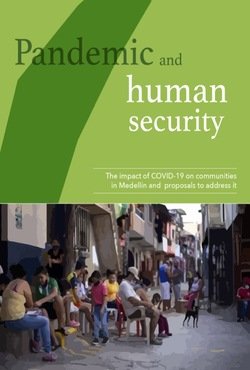By David H. Chae dchae@tulane.edu, Tiffany Yip, and Thomas A. LaVeist
Objectives
Experiences of vicarious racism—hearing about racism directed toward one’s racial group or racist acts committed against other racial group members—and vigilance about racial discrimination have been salient during the COVID-19 pandemic. This study examined vicarious racism and vigilance in relation to symptoms of depression and anxiety among Asian and Black Americans.
Methods
We used data from a cross-sectional study of 604 Asian American and 844 Black American adults aged ≥18 in the United States recruited from 5 US cities from May 21 through July 15, 2020. Multivariable linear regression models examined levels of depression and anxiety by self-reported vicarious racism and vigilance.
Results
Controlling for sociodemographic characteristics, among both Asian and Black Americans, greater self-reported vicarious racism was associated with more symptoms of depression (Asian: β = 1.92 [95% CI, 0.97-2.87]; Black: β = 1.72 [95% CI, 0.95-2.49]) and anxiety (Asian: β = 2.40 [95% CI, 1.48-3.32]; Black: β = 1.98 [95% CI, 1.17-2.78]). Vigilance was also positively related to symptoms of depression (Asian: β = 1.54 [95% CI, 0.58-2.50]; Black: β = 0.90 [95% CI, 0.12-1.67]) and anxiety (Asian: β = 1.98 [95% CI, 1.05-2.91]; Black: β = 1.64 [95% CI, 0.82-2.45]).
Conclusions
Mental health problems are a pressing concern during the COVID-19 pandemic. Results from our study suggest that heightened racist sentiment, harassment, and violence against Asian and Black Americans contribute to increased risk of depression and anxiety via vicarious racism and vigilance. Public health efforts during this period should address endemic racism as well as COVID-19.
Public Health Reports Volume 136, Issue 4, July/August 2021, Pages 508-517








